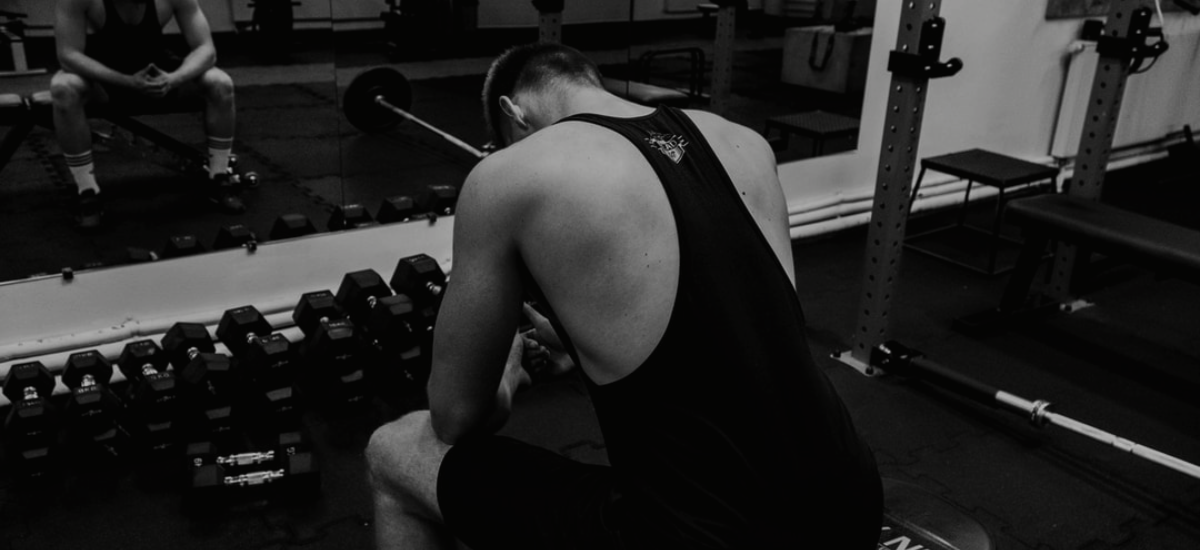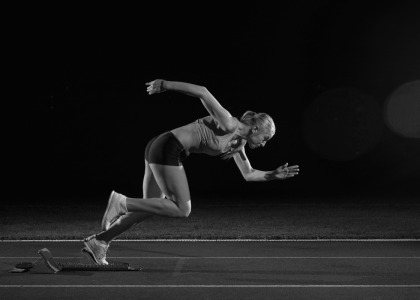Why Emotions Matter in Athletic Performance
Emotions don’t just live in your head—they’re wired into your muscles, breath, and chemistry. That tight feeling in your chest before a race? That light, powerful flow when you’re “in the zone”? Those are real physiological responses.
When athletes feel confident, energized, or focused, their bodies respond accordingly. Conversely, when fatigue, fear, or frustration take over, performance often dips. Understanding this mind-body connection is critical for optimizing performance in training and competition.
The Science Behind Emotions and Athletic Performance
At the heart of peak performance is your body’s biochemical environment. Hormones like adrenaline, dopamine, serotonin, and cortisol play a direct role in how you feel—and how you move.
- Dopamine supports motivation and precision.
- Adrenaline boosts reaction time and energy.
- Cortisol, when elevated from stress, can impair focus, coordination, and muscle response.
Your emotional state directly influences your physical output. That’s why emotional regulation isn’t just for mental health—it’s a performance tool.
How Emotional States Affect Physical Output
Let’s break down some common emotional states and their impact on performance:
1. Confidence vs. Fear
- Confidence sharpens focus and improves coordination.
- Fear increases cortisol, which may slow reflexes and cause hesitation.
2. Relaxation vs. Tension
- Relaxation promotes smooth, efficient movement and lowers injury risk.
- Tension creates stiffness, disrupts movement patterns, and burns energy.
3. Energy vs. Fatigue
- Energy comes from a well-recovered, well-fueled body with a balanced nervous system.
- Fatigue often signals poor recovery, leading to slower thinking and reduced physical output.
Emotional Regulation Techniques for Athletes
To perform at your best, managing your emotional and physiological state is just as important as physical training. Here are science-backed strategies for athletes to stay mentally and physically aligned:
✅ Mindfulness and Breathwork
Mindful breathing, meditation, and short mental resets can quickly calm the nervous system. These tools help manage pre-competition nerves and regulate cortisol levels.
Tip: The AthleteMindFit app includes guided breathwork and emotional reset sessions you can use anytime—on the field, at the gym, or before a big event.
✅ Nutrition and Sleep
Proper nutrition and sleep keep your hormones balanced. Recovery isn’t just physical—it restores the emotional and chemical environment that supports high-level performance.
Use the AthleteMindFit app to access recovery routines and fueling strategies tailored for athletic demands.
✅ Mental Rehearsal and Visualization
Visualizing success activates similar brain regions used during real performance. It helps create emotional readiness, boosts confidence, and reduces mental errors.
Explore our pre-competition visualization tracks within the app to prime your mind before you compete.
✅ Progressive Muscle Relaxation
Simple techniques like tensing and releasing muscles can reduce stress, promote blood flow, and enhance coordination.
The AthleteMindFit app features quick muscle relaxation sessions to ease tension and optimize movement.
Final Thoughts: Master the Mind–Body Connection
Your emotions and athletic performance are inseparable. By understanding how your emotional state impacts your body—and learning how to regulate it—you unlock a serious performance edge.
Emotions aren’t just noise in your head. They’re signals from your nervous system, guiding you toward what your body needs. Train them well, and you train smarter, stronger, and with more consistency.
AthleteMindFit is your partner in mastering this connection—with tools that integrate mental fitness, emotional regulation, and peak physiological performance.




